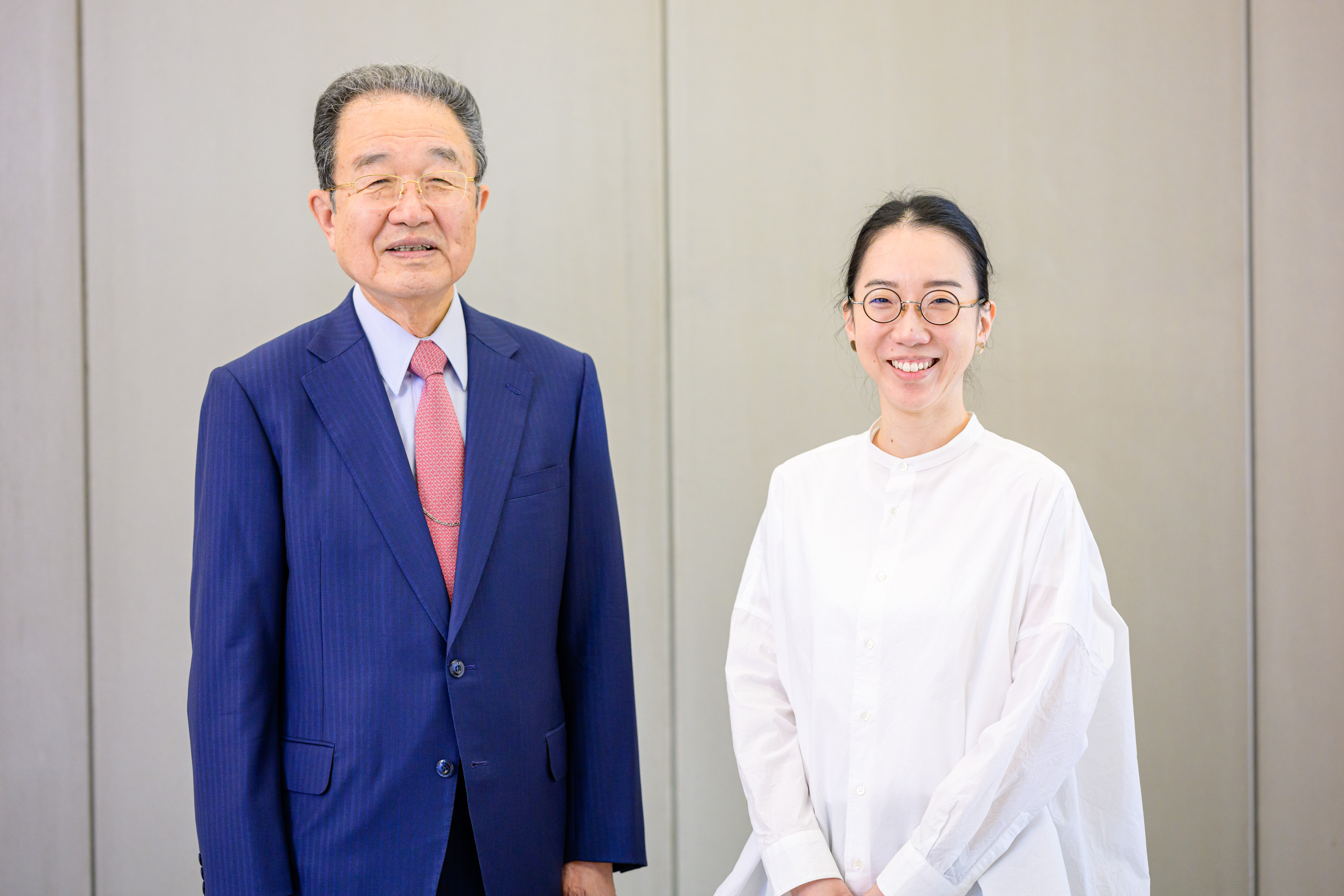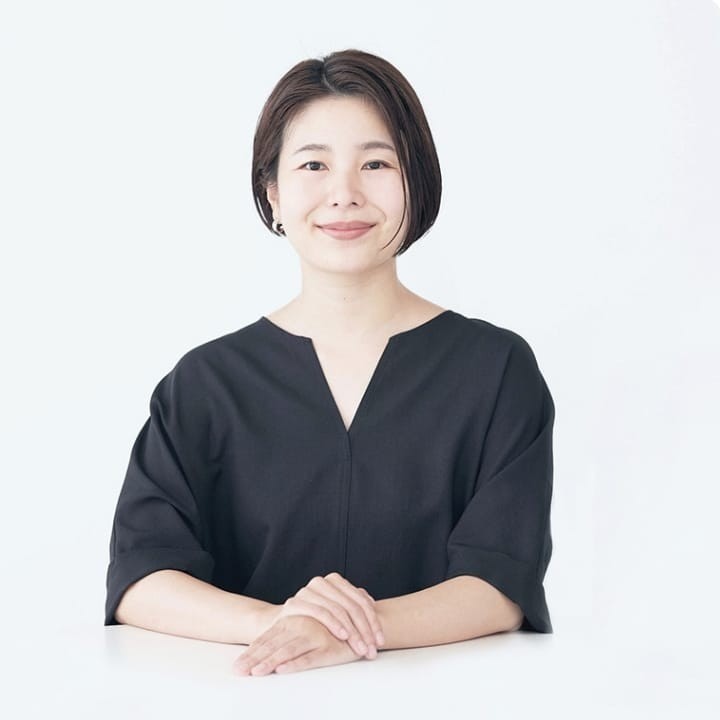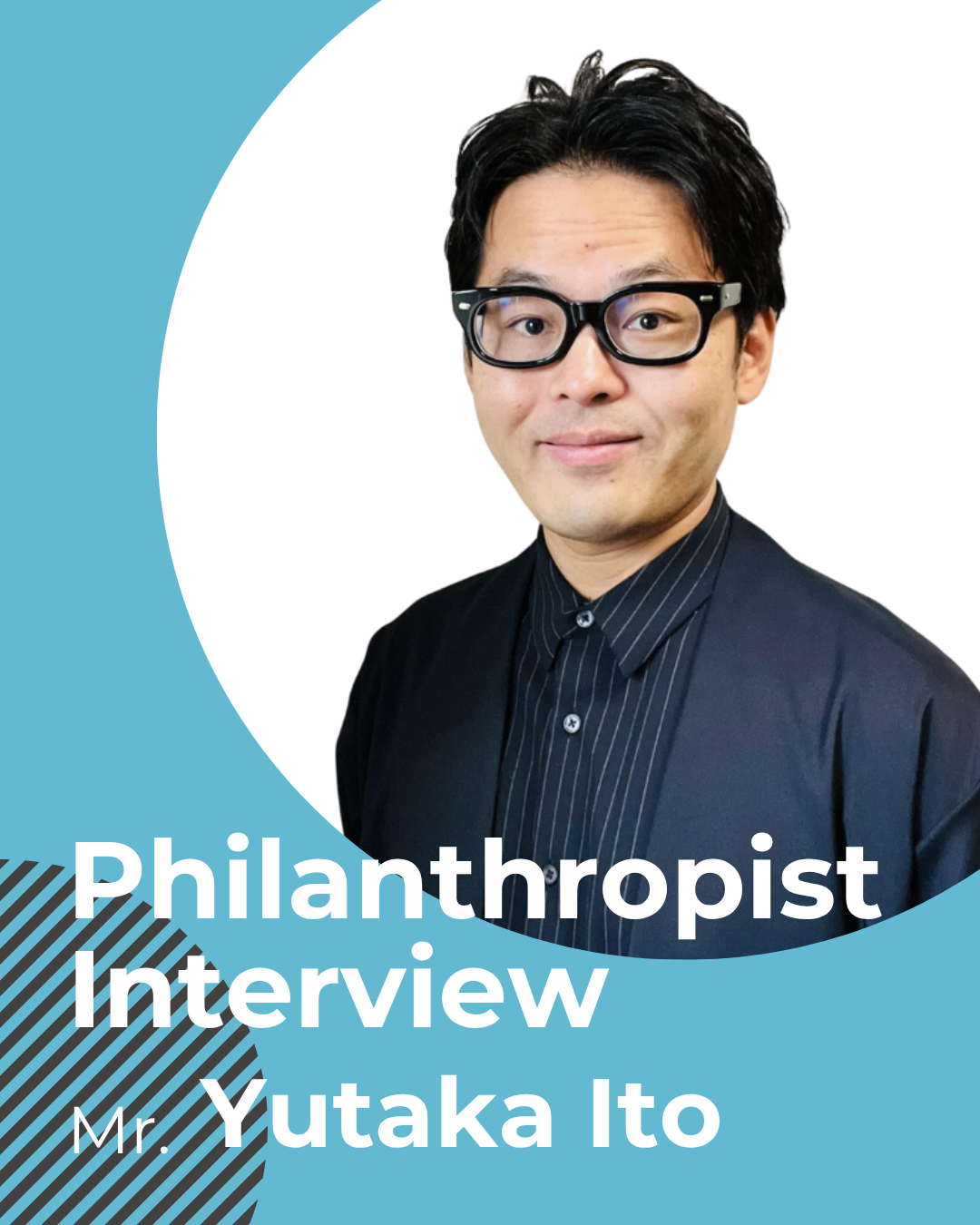INFO

Hiroko Kawano: Beyond the Examination Room: Advancing Pediatric Care Through Advocacy — A New Chapter for the Kawano Pediatric Medical Scholarship Foundation
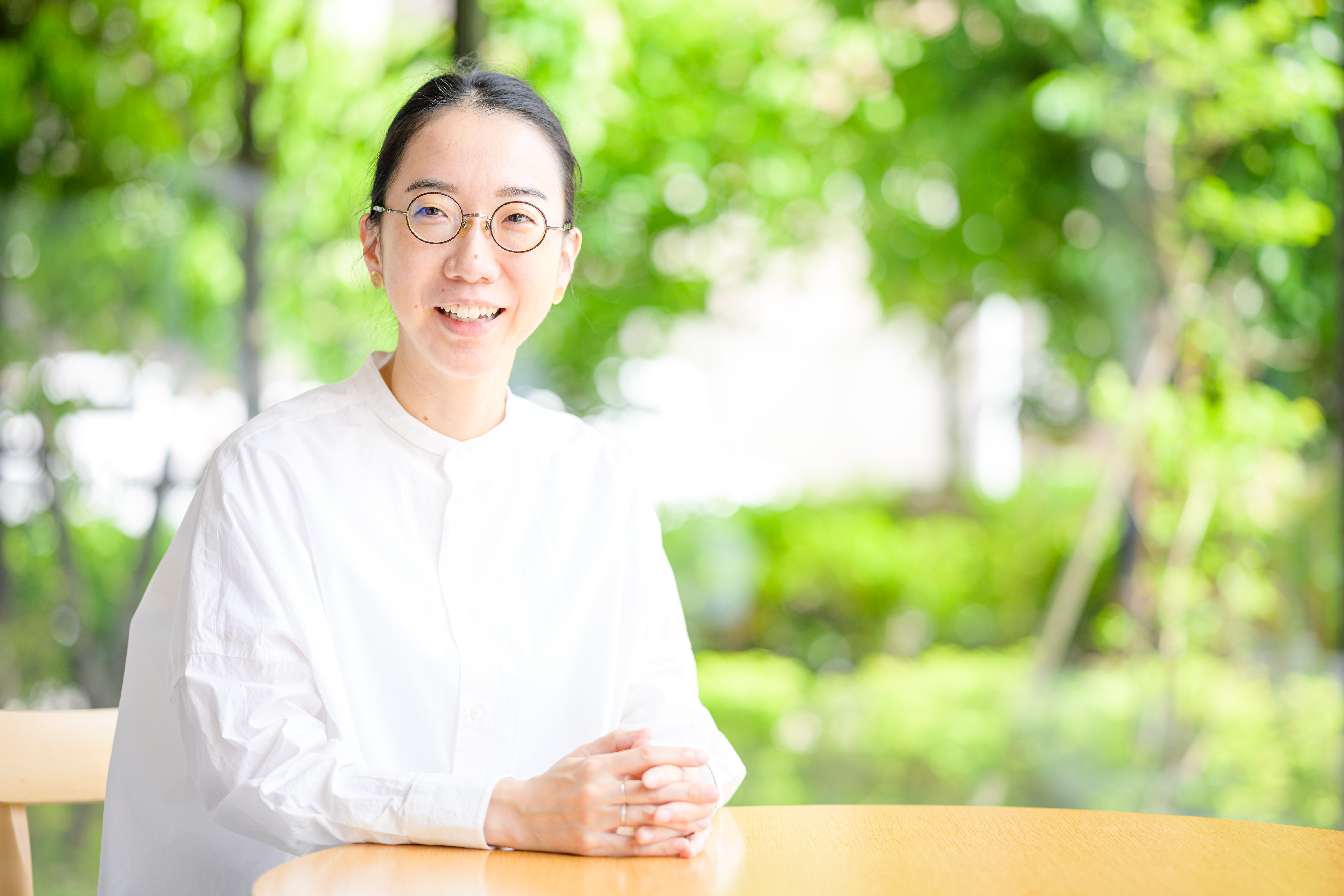
Profile
Hiroko Kawano
Executive Director, Kawano Pediatric Medical Scholarship Foundation
After working in sales and human resources at major service and web-based firms, Hiroko Kawano earned her MSc in International Human Resource Management from a UK university. She later assumed the role of Executive Director at the Kawano Pediatric Medical Scholarship Foundation, established by her father in 1989 after the loss of his eldest son. In her leadership role, Kawano has advanced support programs for pediatricians, researchers, and medical students across Japan. Under the theme “Overcoming Together,” she has brought new strategic direction and implemented impact measurement, helping to modernize and expand the foundation’s efforts.
Kawano Masanori Memorial Public Interest Incorporated Foundation for Promotion of Pediatrics
Founded in 1989, Kawano Masanori Memorial Public Interest Incorporated Foundation for Promotion of Pediatrics is committed to “reducing the number of children suffering from illness.” Its founder, Yukio Kawano—Chairman of YAOKO Co., Ltd.—launched the foundation following the tragic death of his eight-year-old son from viral encephalitis. Drawing on his experience in corporate management within the retail industry, Mr. Kawano created a support structure aimed at improving pediatric medicine in Japan.Today, the foundation provides multi-faceted support to advance child health, including:
- Research Grants for promising pediatric medical researchers- Scholarships for medical students pursuing pediatrics, alongside career seminars and self-care training- The Kawano Award recognizing outstanding contributions to pediatric medicine- Support for medical societies, pediatric facilities, and outreach programs led by doctors who educate teachers and nursing staff
Among the evolving strategies in philanthropy, advocacy is gaining growing attention. In the context of pediatric medicine, advocacy means “raising one’s voice on behalf of patients”—specifically, working to reform the laws, policies, and systems that serve as bottlenecks to solving critical health challenges. Advocacy can take many forms, from grassroots efforts to national-level initiatives, and its methods and scope are as diverse as the issues it addresses.
In 2025, the Kawano Foundation formally launched its advocacy-focused initiatives. Recognizing the need to address systemic issues beyond the exam room, the foundation created a new grant program titled “Doctor-Community Collaboration for Children: Advocacy Starting from Children’s Voices.” The program provides funding to pediatricians working collaboratively with local communities to identify and tackle pressing health issues facing children.
We spoke with Hiroko Kawano—Executive Director and second-generation family member leading the foundation—about what this bold step means for the future of child health in Japan.
Advocacy as a Philanthropic Tool: A New Frontier for Padiatric Care
“From a single diagnosis to systemic change—amplifying the voices of children.”
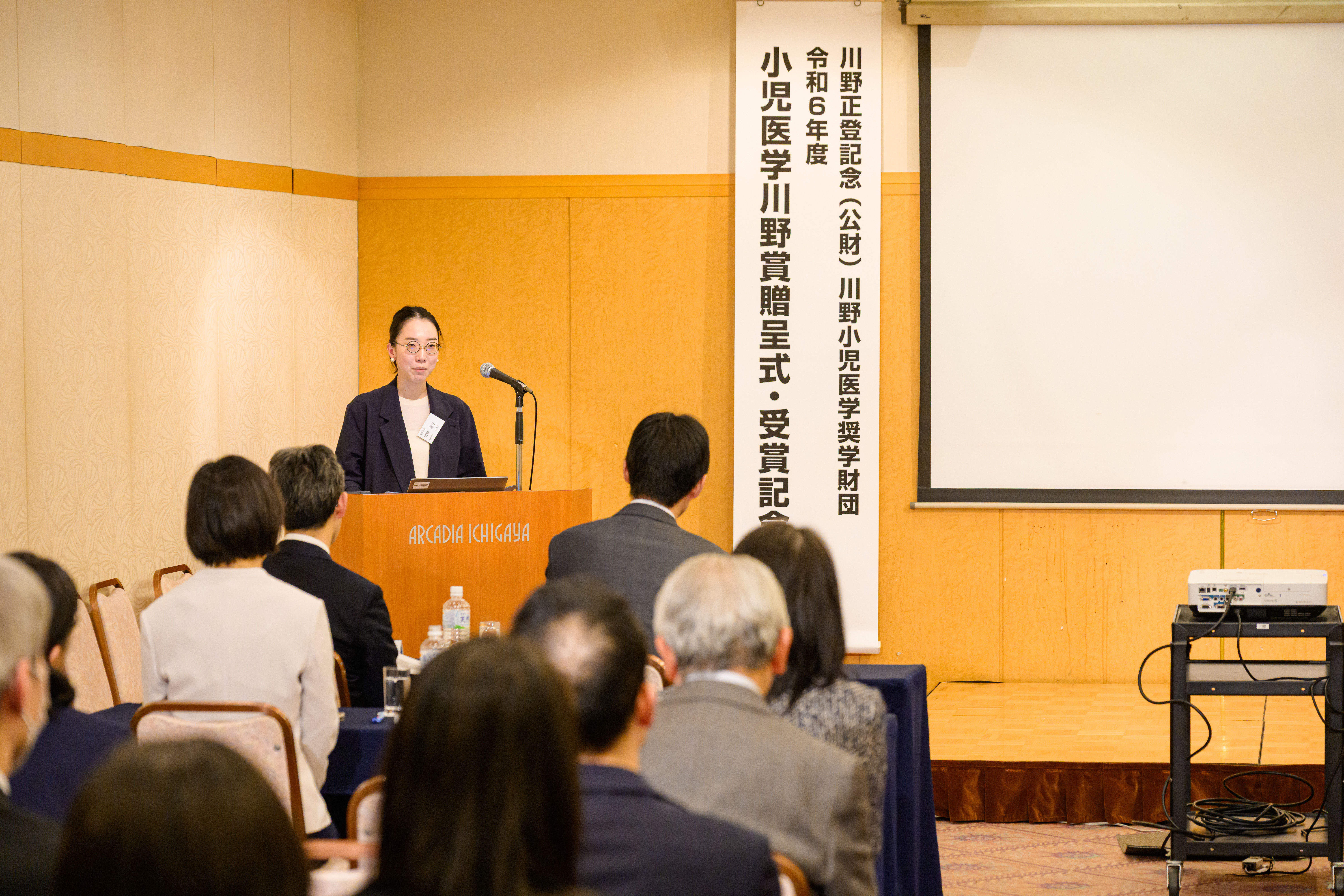
In 2025, the Kawano Foundation launched a new initiative focused on pediatric advocacy. Recognizing that systemic issues—laws, policies, and institutions—often act as barriers to child well-being, the foundation established a grant program titled “Doctor-Community Collaboration for Children: Advocacy Starting from Children’s Voices.”
This initiative supports pediatricians working in collaboration with local communities to address health-related challenges at their roots—beyond individual clinical care.
Why Advocacy Now?
“To protect not just bodies—but minds and lives, too.”
Since its inception, the Kawano Foundation has focused on supporting medical professionals in pursuit of its vision: a society where children grow up healthy in both mind and body. But Kawano began to feel that clinical and academic support addressed only part of the problem.
A 2020 international comparison ranked Japan first among OECD countries for physical child well-being—but 37th for mental and 27th for social well-being. Rising rates of truancy, suicide, and child abuse underscore this imbalance.
“We need multi-sectoral cooperation,” Kawano asserts. “Teachers, social workers, medical professionals—all must listen to children’s voices and respond together.”
Meeting a pediatrician passionate about advocacy convinced her this was the next frontier. “We realized advocacy—medicine engaging with society—was essential to structural change,” she says.
Why Does Advocacy Look Like?
“One small clinical insight can transform entire systems.”
The new grant program supports pediatricians leading local advocacy efforts, ensuring that frontline observations are connected to wider change. In the U.S., pediatric residency programs include advocacy training as a core component. In Japan, however, such activities are often informal, unrecognized, and under-resourced.
One Japanese example: A pediatrician noticed a series of middle school girls reporting missed periods. Further investigation revealed a shared background—participation in a school sports team where teachers enforced extreme weight restrictions. In response, the doctor teamed up with local nutritionists to provide workshops across the school district. “That’s what advocacy is,” Kawano says. “It’s not just treating a single patient—it’s solving the root cause.”
Challenges Facing Pediatric Advocacy in Japan
“The term ‘advocacy’ is still unfamiliar in the pediatric field.”
Despite abundant examples, the concept of advocacy remains largely unrecognized in Japanese pediatric circles. This hinders wider impact. To address this, the foundation plans to invest in pediatric advocacy education, collaborating with experienced doctors to share knowledge and encourage broader uptake.
Through conversations with pediatricians, Kawano also identified two core support needs:
1. Networks Beyond Medicine: Pediatricians often lack ties to sectors like education, government, and welfare. The foundation aims to bridge those gaps.
2. Structured Funding: Effective advocacy requires time and resources. Offering grants not only supports activities but affirms their legitimacy. “Receiving funding gives doctors a sense that their work is recognized and backed,” she notes.
“We want to be the shield that protects their flame,” Kawano adds. “And through collective action, we can bring pediatric advocacy to the forefront in Japan.”
Strategic Vision for the Foundation's Future
“Refining focus while staying true to our founding purpose.”
While the foundation has pursued a wide range of initiatives over the past three decades, Kawano emphasizes a more strategic approach moving forward. “We want to assess where we can make the greatest impact—and where it’s better to support others filling the gap,” she explains.
That means asking hard questions: Should the foundation mirror government priorities? Or invest in underserved areas where others are not yet active?
At the core remains their guiding mission: to reduce the number of children suffering from illness. “But we need to define what ‘success’ means for us,” Kawano says. “By examining our initiatives and refining our goals, we’ll ensure our work continues to serve children meaningfully for generations to come.”
Interviewer: Co-CEO Yuko Koshiba
translated from Japanese into English by AI
TOP

